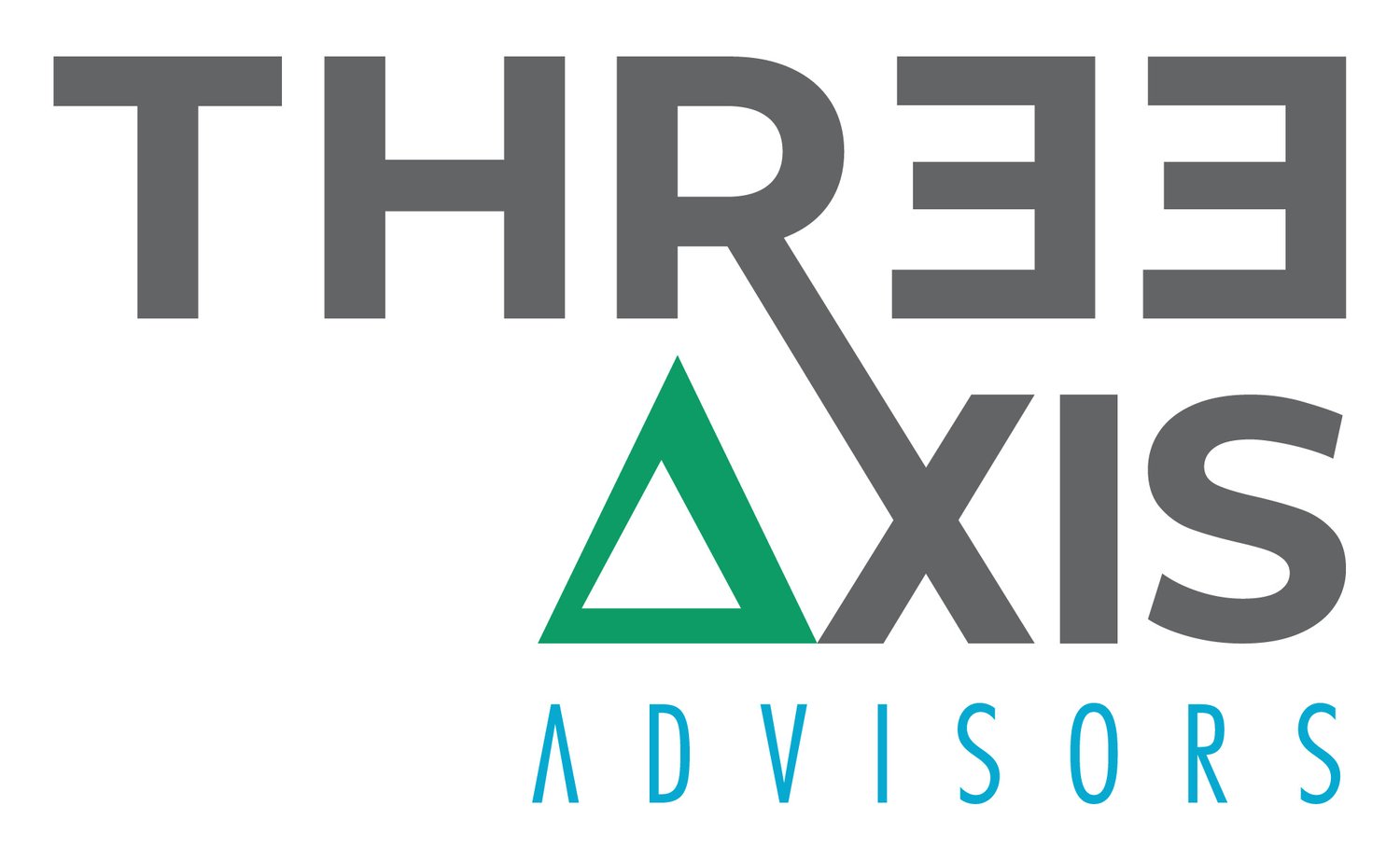Groundbreaking PBM Study: WSPA and WHA Release Results
New Study Reveals Discrepancies in Drug Pricing by Pharmacy Benefit Managers, Costing Employers and Hurting Pharmacies in Washington State
Seattle – The Washington State Pharmacy Association (WSPA) and Washington Health Alliance (WHA), in partnership with 3 Axis Advisors, released the results of a first-of-its-kind study that exposes the erratic pricing practices of pharmacy benefit managers (PBMs) in Washington State. The study reveals that PBMs charge employers vastly different amounts for the same prescription medications, inflate drug prices at PBM-affiliated mail-order pharmacies, and have driven an increase in employer health care costs over the past four years. Meanwhile, pharmacies are receiving lower reimbursements for the same prescriptions that employers are paying higher prices for, leading to closures of pharmacies while PBMs pocket the difference for profit.
The study investigated the experiences of Washington commercial plan sponsors (employers) and community pharmacies’ with PBMs. It analyzed both sides of the PBM’s drug transactions: what pharmacies are paid for and what employers are charged for the same drug. This is the first time both sides of the PBM transactions have been analyzed in a single study.
“This data paints a stark picture that Washington pharmacists know all too well – most PBMs and their affiliates are raking in massive profits from a manipulative drug pricing system, leaving patients and providers to bear the brunt,” said Jenny Arnold, PharmD, BCPS, Chief Executive Officer of WSPA. “If this exploitation is rampant in Washington, it’s undoubtedly a nationwide crisis. Pharmacies are being forced to close their doors – impacting access to patient care. Federal action is urgently needed to confront and rectify the PBM problem.”
Antonio Ciaccia, president of 3 Axis Advisors, said: “As the public clamors for relief from rising prescription drug costs, it is important to understand that PBMs play a central role in determining the fates of pharmacies, plan sponsors and patients. This report makes clear that PBMs have a knack for making drug pricing less clear, as the disparate nature of their price-setting makes the end impact of prescription drug transactions predictably unpredictable.”
Among the study’s key findings:
- For a subset of matched claims between the plan sponsors and the pharmacies, the average plan sponsor (employer) costs were approximately $165,000 higher (roughly 80% more) than the reimbursement provided to pharmacies (approximately $8 more per prescription).
- Plan sponsor (employer) costs increased by 30% while pharmacy reimbursement decreased by 3% between 2020-2023.
- PBM-affiliated mail-order pharmacies had drug markups that were more than three times higher than the markups at retail pharmacies.
“This study is groundbreaking. For the first time, we’re seeing “the spread,” or difference, between the prices Pharmacy Benefit Managers (PBMs) charges employers for drugs to the actual amounts received by independent and chain pharmacies,” Michele Ritala, Benefits Strategic Planner, King County, WA. “While the average spread was about $25, the employers in the study paid hundreds of dollars more for some drugs per prescription. It’s a wake-up call.”
The report analyzed more than 6 million prescription claims from both independent and small chain pharmacies, as well as over 3 million prescription claims from private and commercial plan sponsors (employers) operating within the State of Washington.
The data shows that PBMs are incentivized to:
- Charge employers more than necessary to participate in plans.
- Pay pharmacies less than the cost of dispensing medicines – known as “spread pricing” – and pocket the difference.
- Steer plans and patients to PBM-affiliated mail-order pharmacies to increase PBM profits.
“Never before have we had this clear picture of the ways PBMs drive up costs for everyone involved in prescription drug marketplace,” Denise Giambalvo, Director of Member Engagement & Business Strategy, WHA. “Armed with this knowledge, employers should be reviewing their data and contracts for egregious pricing practices. It’s time to demand consultants and PBMs deliver contracts that significantly lower prescription costs for the patient and plan sponsor and provides equitable reimbursement for all pharmacies. If your partners cannot deliver, it’s time to make a change.”
Lisa Nelson, PharmD, Chief Pharmacy Officer at Unity Care Northwest said: “It is challenging enough operating a pharmacy, let alone one that is working to assure affordable access to critical medicines and services to our patients regardless of their ability to pay. Doing this in a heavily consolidated and volatile PBM-controlled marketplace makes the work even more challenging. It is salt in the wound to discover that while PBMs underpay small pharmacies, they are simultaneously enriching the giant, out-of-state mail-order pharmacies that they also own.”
Media Contact:
Kat Goodner, Marketing Communications Manager
Washington State Pharmacy Association
425.207.3647 | kat@wsparx.org

